Latest news
Search news stories
Enter a keyword to search news.
$1.62 million for rare cancer research
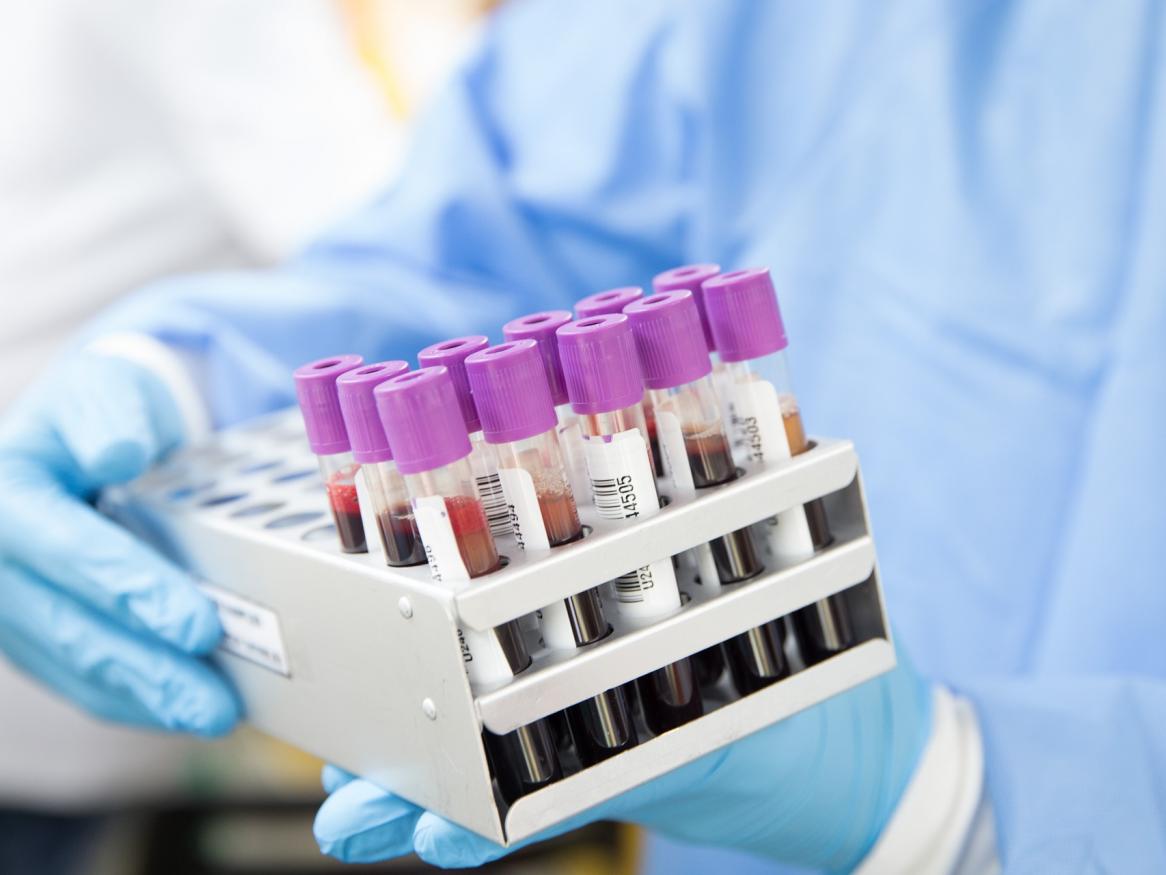
A University of Adelaide and SAHMRI study to test new treatments for a rare and neglected blood cancer, which has no known effective treatment, has been awarded $1,619,122 from the Federal Government’s Medical Research Future Fund (MRFF).
APPF welcomes FieldExplorer for improved crop data collection in the field
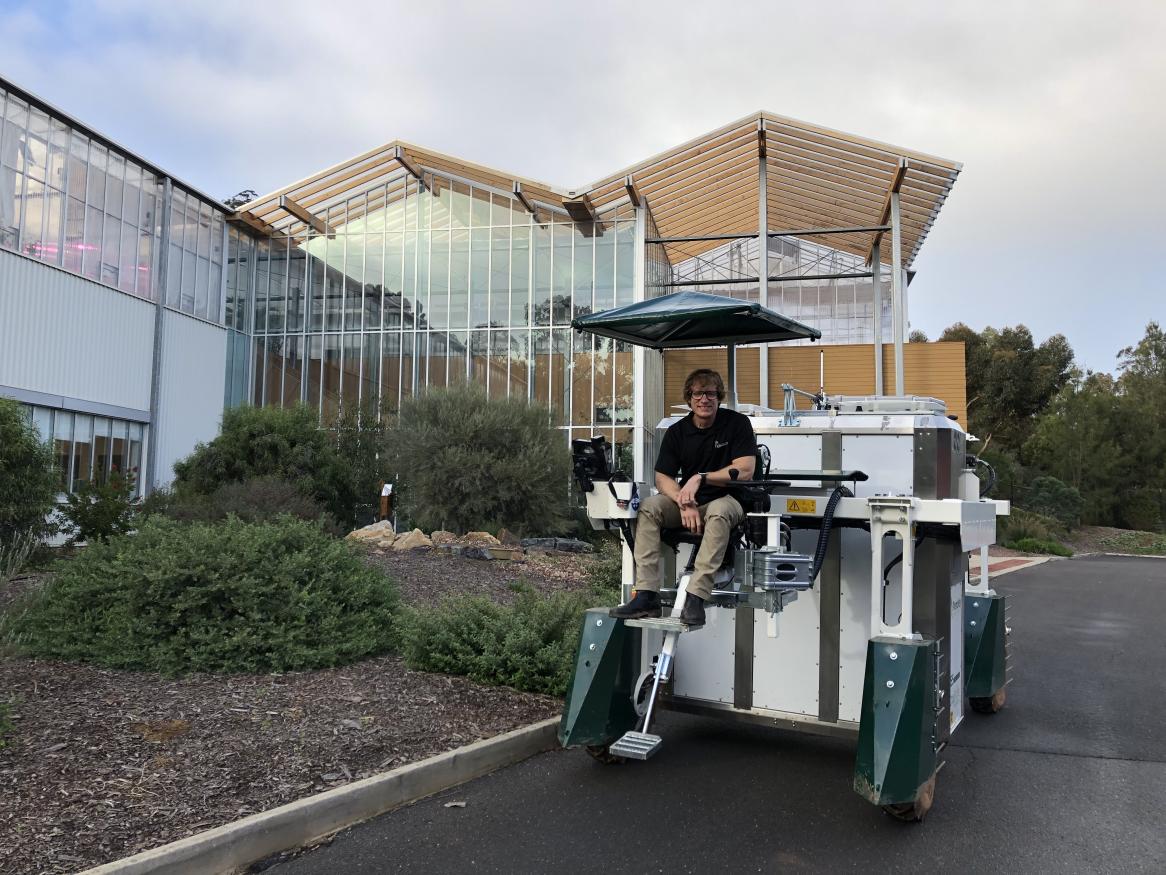
The FieldExplorer, a new ground-based field phenotyping platform, has arrived at The Plant Accelerator, the Australian Plant Phenomics Facility’s (APPF) node at the University of Adelaide’s Waite campus, bringing new capability to accurately measure the performance of plants in different environments non-destructively and over time.
[Read more about APPF welcomes FieldExplorer for improved crop data collection in the field]
Mining critical metals is vital to our future

The surging global embrace of high-tech applications and clean energy is accelerating demand for the critical metals that enable these applications.
[Read more about Mining critical metals is vital to our future]
Managing COVID-19 infection risk during operations

Anaesthetists are at higher risk of catching COVID-19 during operations and other interventions than other healthcare workers as anaesthetising a person frequently involves placing breathing tubes or masks into their airway to assist their breathing.
[Read more about Managing COVID-19 infection risk during operations ]
Shy species detected through new DNA technique
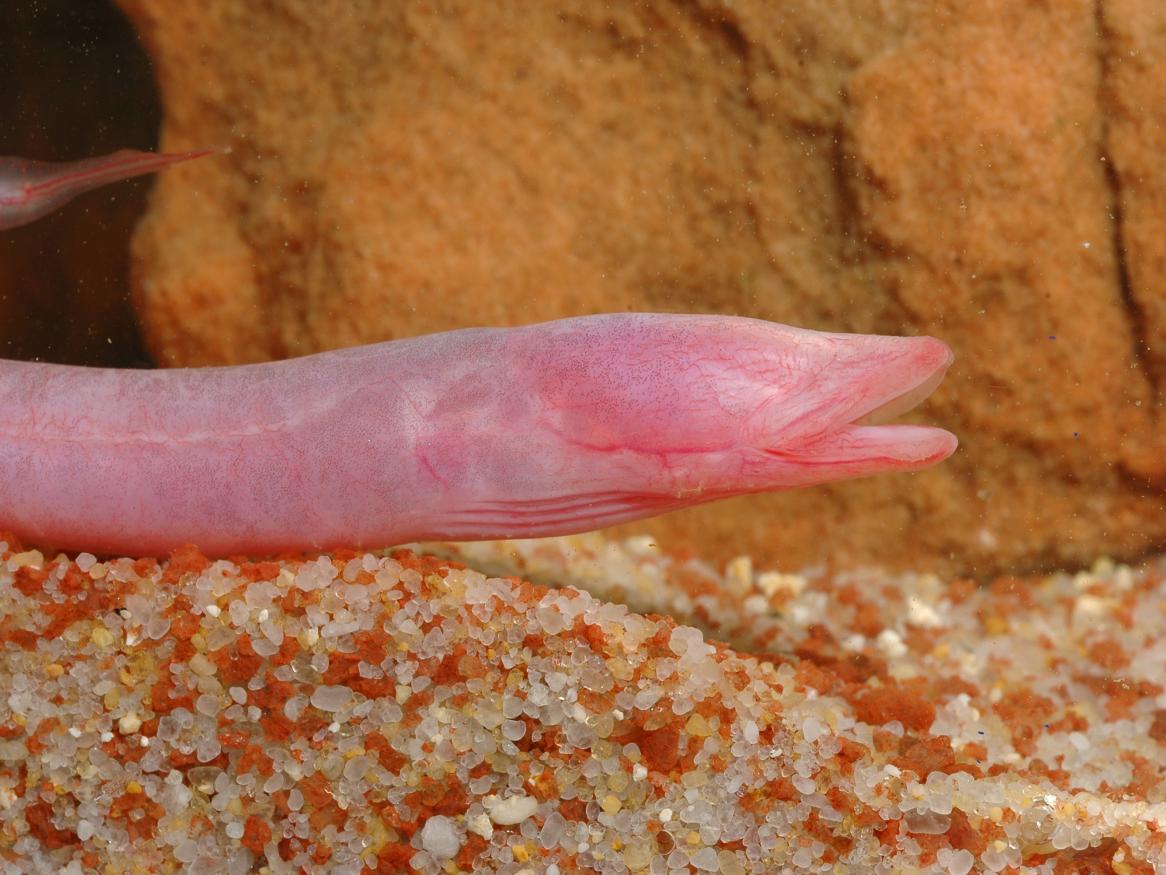
New species-specific tests that can detect endangered and hard-to-find aquatic animals through the DNA they shed in the water has been created by researchers at the University of Adelaide and Curtin University.
[Read more about Shy species detected through new DNA technique]
Shining a light on the Gig economy

Almost two thirds of Australians routinely rely on online platforms such as Uber or Airtasker to buy goods and services, according to new research commissioned by the Victorian Government.
ThincLab Loxton to drive AgTech innovation
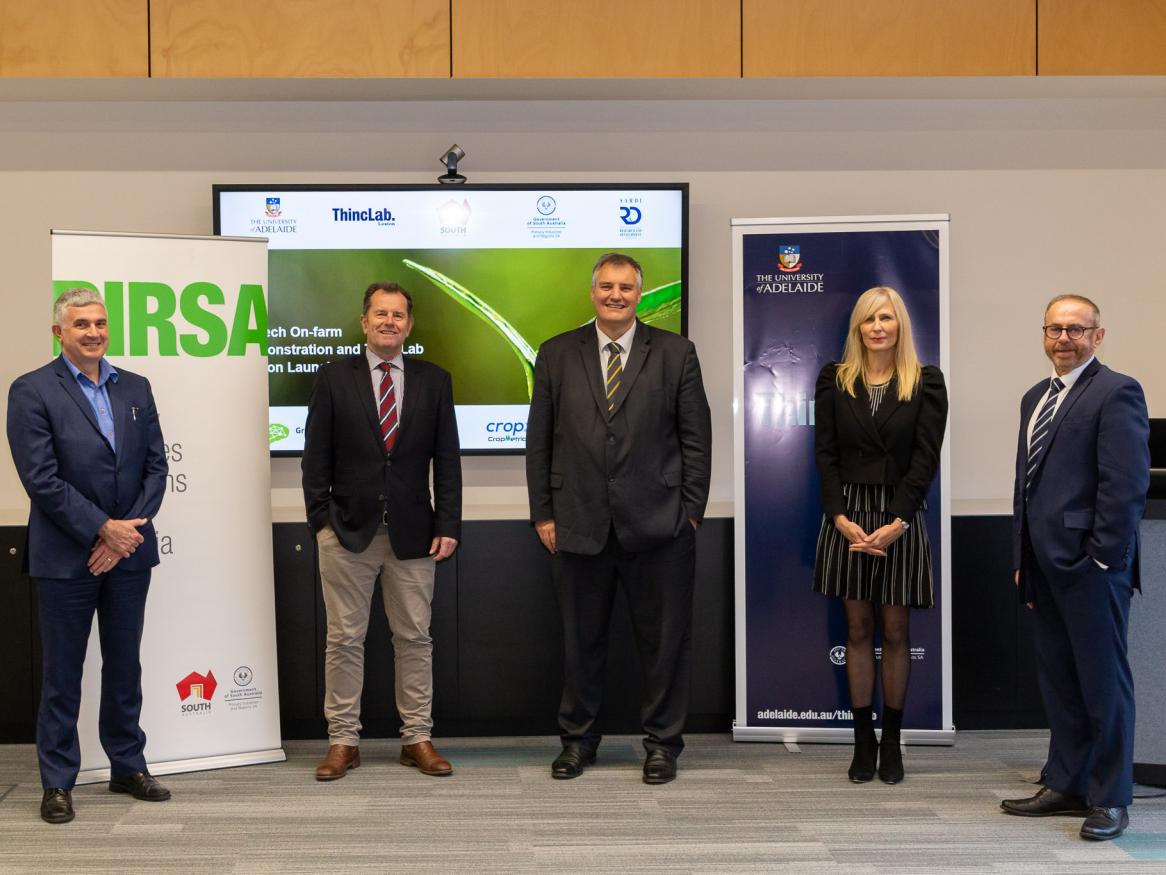
A new University of Adelaide ThincLab Innovation Hub/Business Incubator is being established at Loxton in the Riverland in a partnership with the State Government to drive AgTech and food innovation and assist regional entrepreneurs.
[Read more about ThincLab Loxton to drive AgTech innovation]
$1.9 million for traumatic brain injury research
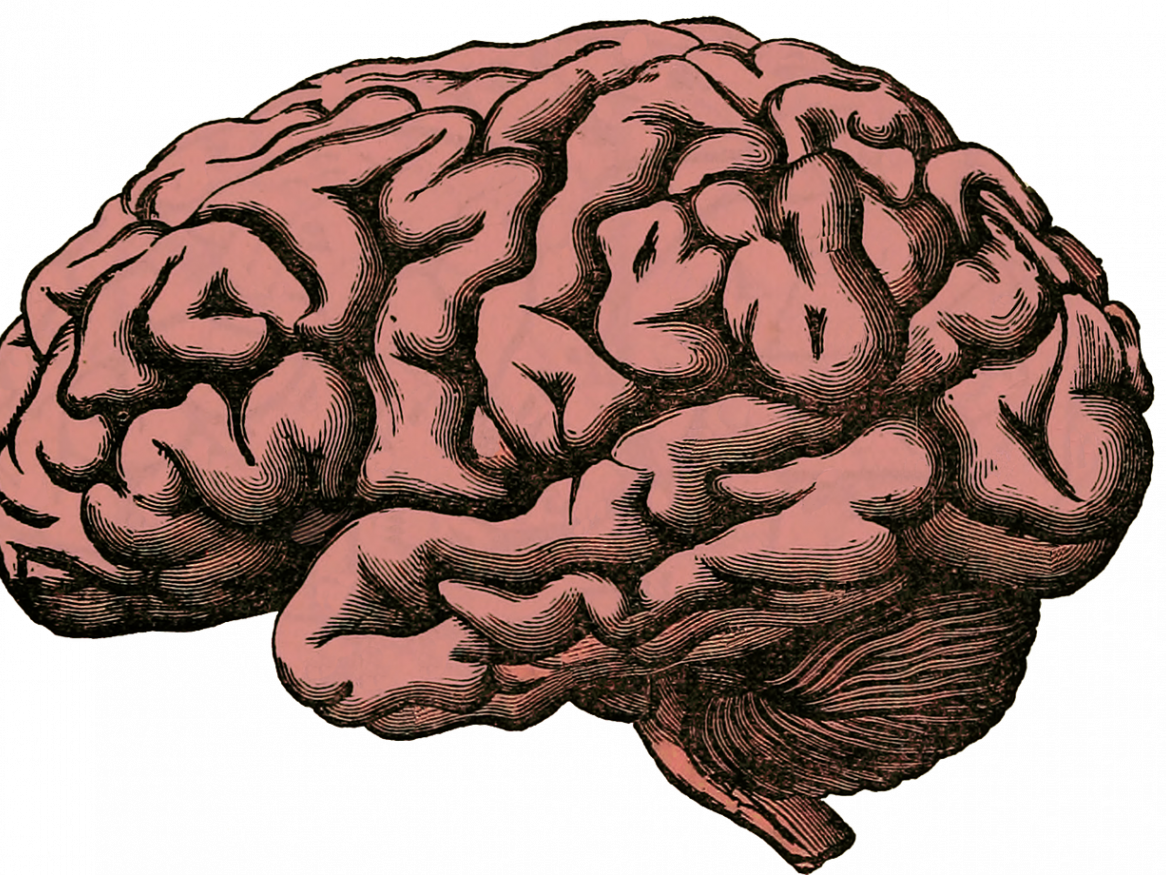
A University of Adelaide study that will investigate the prediction of risk of long-term impairment and neurodegenerative disease development following traumatic brain injury has been awarded $1,987,160 from the Federal Government’s Medical Research Future Fund’s (MRFF).
[Read more about $1.9 million for traumatic brain injury research]
From Victorian collection to Virtual Museum

The University of Adelaide’s Tate Museum has unveiled a new virtual reality exhibition that can be enjoyed by anyone with a VR headset.
[Read more about From Victorian collection to Virtual Museum]
Testosterone to prevent type 2 diabetes in men – promising, but no quick fix

A national Australian study led by the University of Adelaide has shown that testosterone may play a role in decreasing the risk of type 2 diabetes in men, after two years of treatment.
[Read more about Testosterone to prevent type 2 diabetes in men – promising, but no quick fix ]
